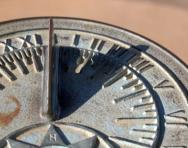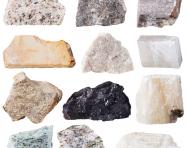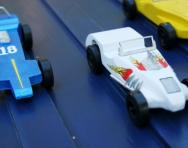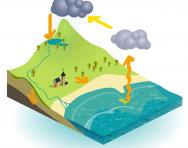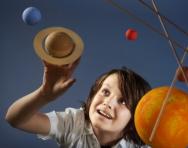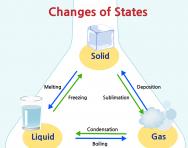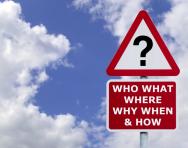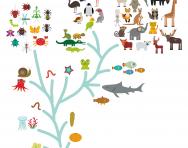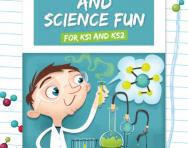What your child learns in Key Stage 2 science
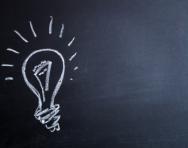
Want to know more about what your child gets up to in science class at school? Here’s your guide to the topics they’ll cover.
Science in Years 3 and 4
In Years 3 and 4, children will be encouraged to ask questions about scientific concepts and then carry out experiments to find out the answers. In doing this they will:
- learn what a 'fair test' is.
- take measurements from a range of equipment.
- gather and record data.
- report their findings orally and in writing.
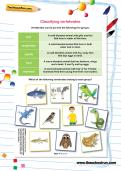
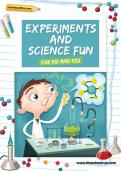
Download Fantastic Science Resources Today!
- Experiments And Science Fun pack
- Science Learning Programme for each school year
- All the instructions, questions and information you need
Science in Years 5 and 6
In Years 5 and 6, children will continue to practise the above skills, but with more depth and precision. When carrying out experiments they will:
- understand what variables are and how to control them.
- take measurements from a range of equipment, understanding the need for repeated measures to increase accuracy.
- gather and record data using labels, classification keys, tables, scatter graphs, bar and line graphs.
- use test results to make further predictions to set up further comparative and fair tests.
- make conclusions on the test carried out, orally and in writing.
Key Stage 2 science topics year by year
- Plants, including parts of plants, needs of plants and their life cycle.
- Animals, including humans, focusing on nutrition, skeletons and muscles.
- Rocks, including comparing rocks, looking at fossils and understanding how soil is made.
- Light, looking at how light is reflected, how shadows are formed and can change.
- Forces and magnets, focusing on attraction and repulsion of magnets, magnetic materials and the two poles of a magnet.
- Living things and their habitats, including classifying living things and looking at changes to environments.
- Animals, including humans, focusing on eating: teeth, the digestive system and food chains.
- States of matter, including grouping materials, changing state, evaporation and condensation.
- Sound, looking at creation of sound through vibration and changes in pitch and volume.
- Electricity, including constructing a circuit and understanding conductors and insulators.
- Living things and their habitats, including life cycles of a mammal, amphibian, insect and bird.
- Animals, including humans, focusing on changes from birth to old age.
- Properties and changes of materials, including dissolving, separating and reversible changes.
- Earth and space, looking at the movement of the sun, earth and moon.
- Forces, including gravity, air resistance, water resistance and friction.
- Living things and their habitats, including classifying micro-organisms, plants and animals.
- Animals, including humans, focusing mainly on diet and exercise.
- Evolution and inheritance, looking at fossils, reproduction and adaptation.
- Light, looking closely at how it travels and how shadows are made.
- Electricity, analysing the function of lamps, buzzers, cells and switches.

Give your child a headstart
- FREE articles & expert information
- FREE resources & activities
- FREE homework help
By proceeding you agree to our terms and conditions. For information on how we use your data, see our privacy policy. You will receive emails from us but can opt out at any time.
